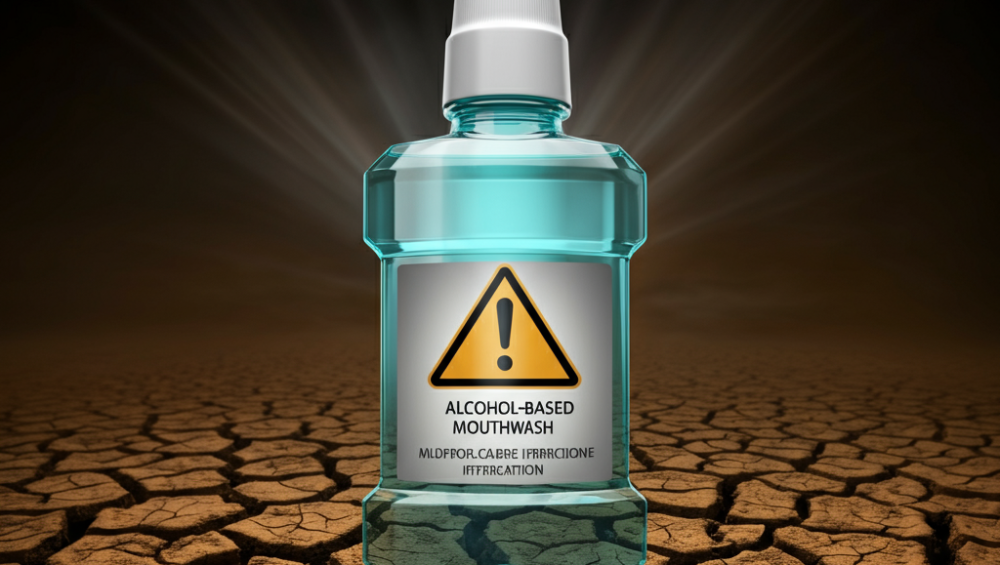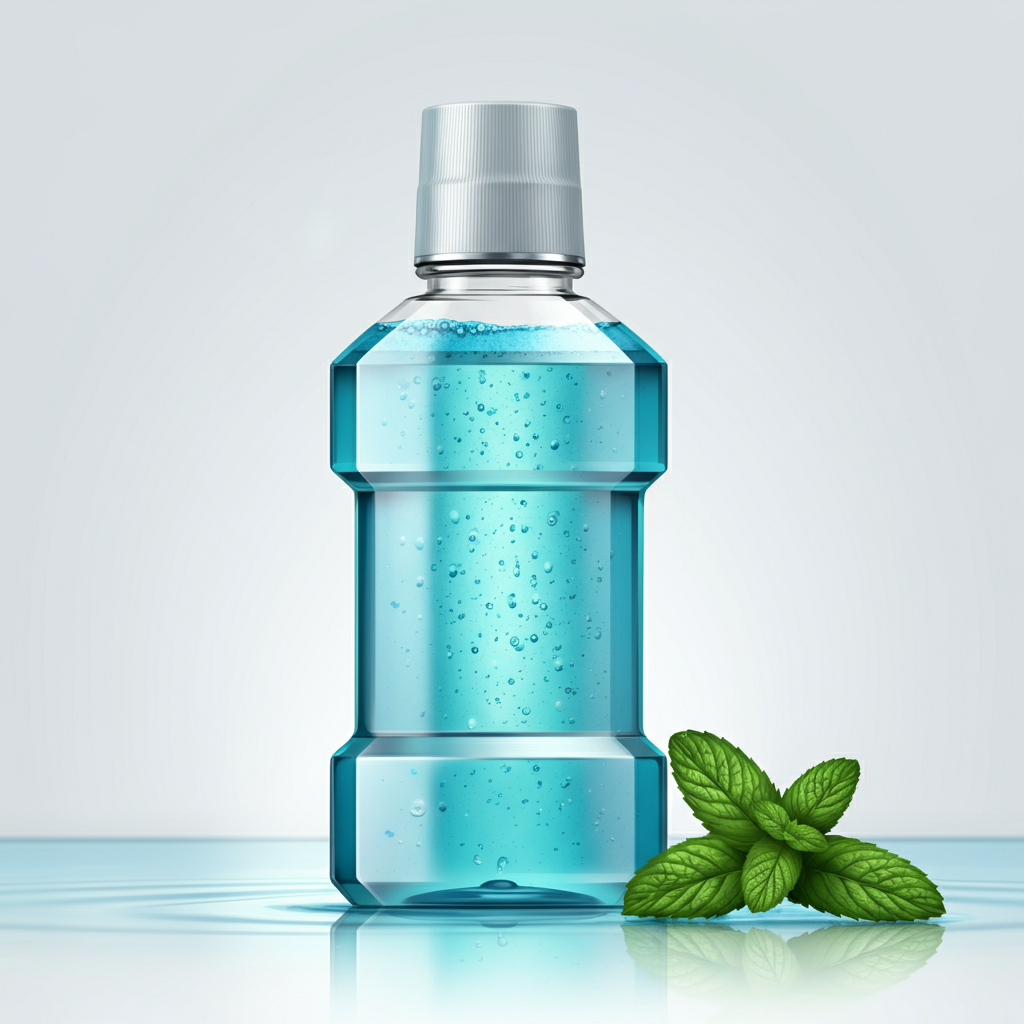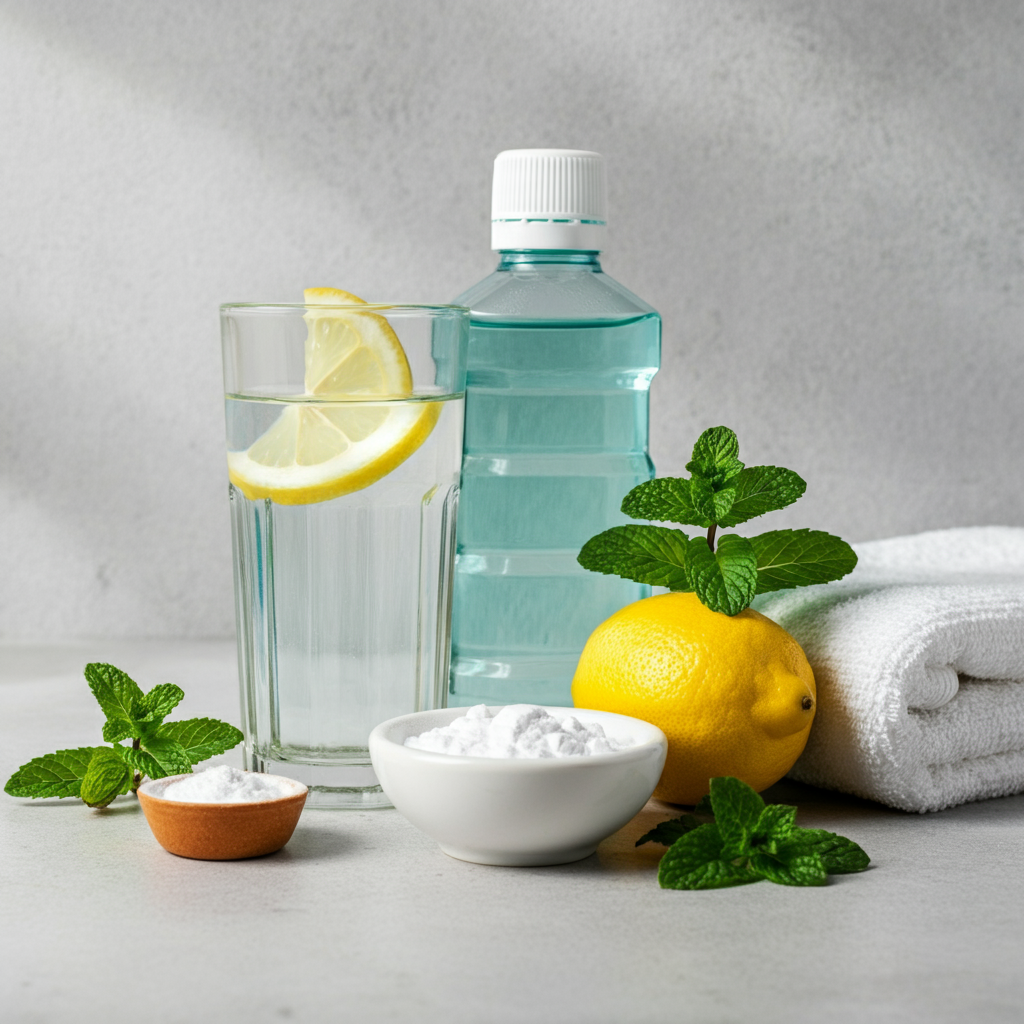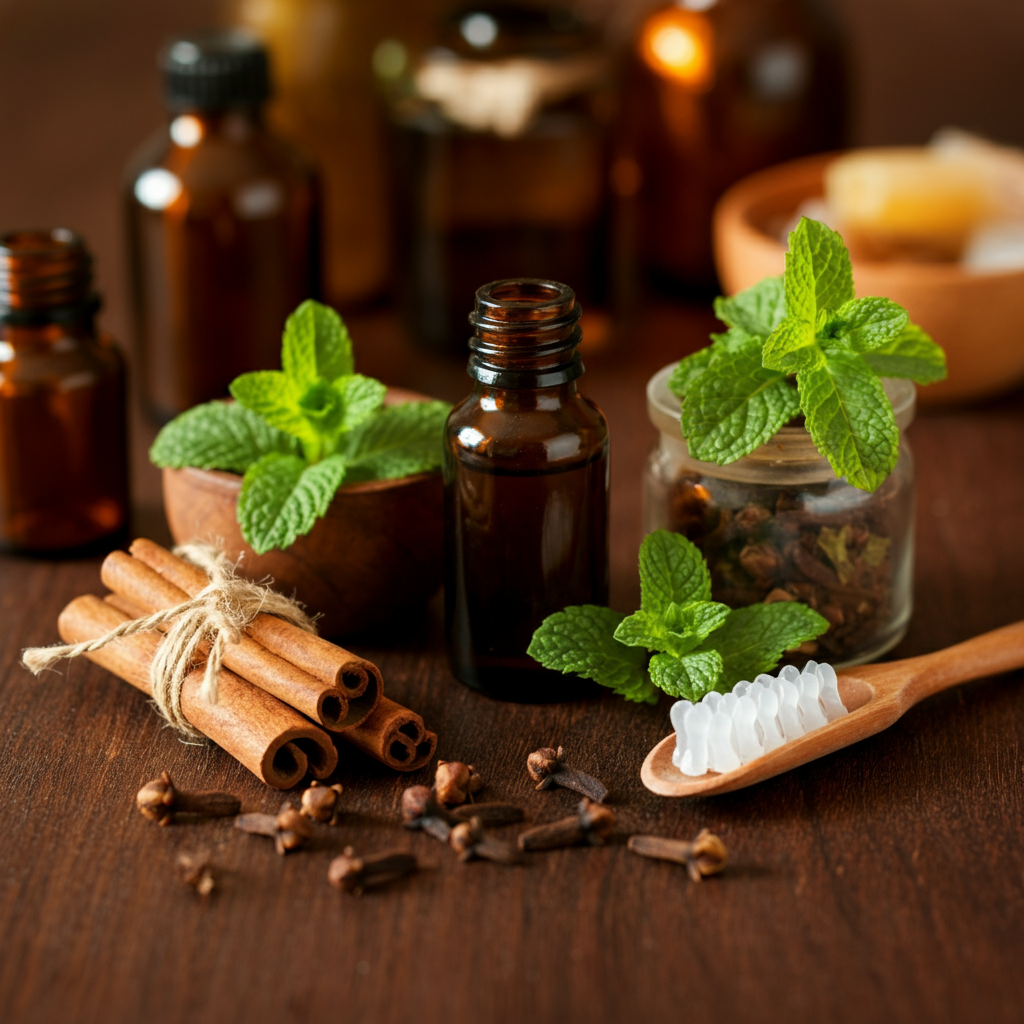Fresh breath is non-negotiable, but at what cost? Many traditional mouth fresheners are loaded with sugar, which can wreak havoc on oral health and overall wellness. With growing awareness of the links between sugar consumption and health issues, a new wave of sugar-free mouth fresheners is redefining the industry.
This blog explores why going sugar-free is not only better for your health but also aligns with sustainable living and modern wellness. Whether you’re a health-conscious consumer or someone looking to enhance oral hygiene, you’ll soon discover why sugar-free options are the future of mouth fresheners.
The Problem with Sugar in Traditional Mouth Fresheners
Health Risks of Sugar
Sugar has long been associated with health concerns, from increasing the risk of cavities to contributing to long-term issues like diabetes and weight gain. When chewing or consuming sugar-laden mouth fresheners, you’re essentially introducing more sugar to your diet—often unknowingly.
This sugar can feed harmful bacteria in your mouth, leading to enamel erosion, bad breath, and even more frequent visits to the dentist. Think of it this way—why use a product that refreshes your breath while potentially damaging your teeth?
The Hidden Sugar Bomb
It’s easy to dismiss sugary mouth fresheners as harmless—they’re small, right? But that’s where the trap lies. Each time you pop one in your mouth, you’re ingesting a small dose of sugar. Over time, this adds up, contributing to sugar overconsumption without you even realizing it.
In a world where we’re encouraged to cut back on sugar, why make exceptions for something as simple as freshening your breath? This is where sugar-free fresheners step in as the smarter, healthier choice.
Benefits of Sugar-Free Mouth Fresheners
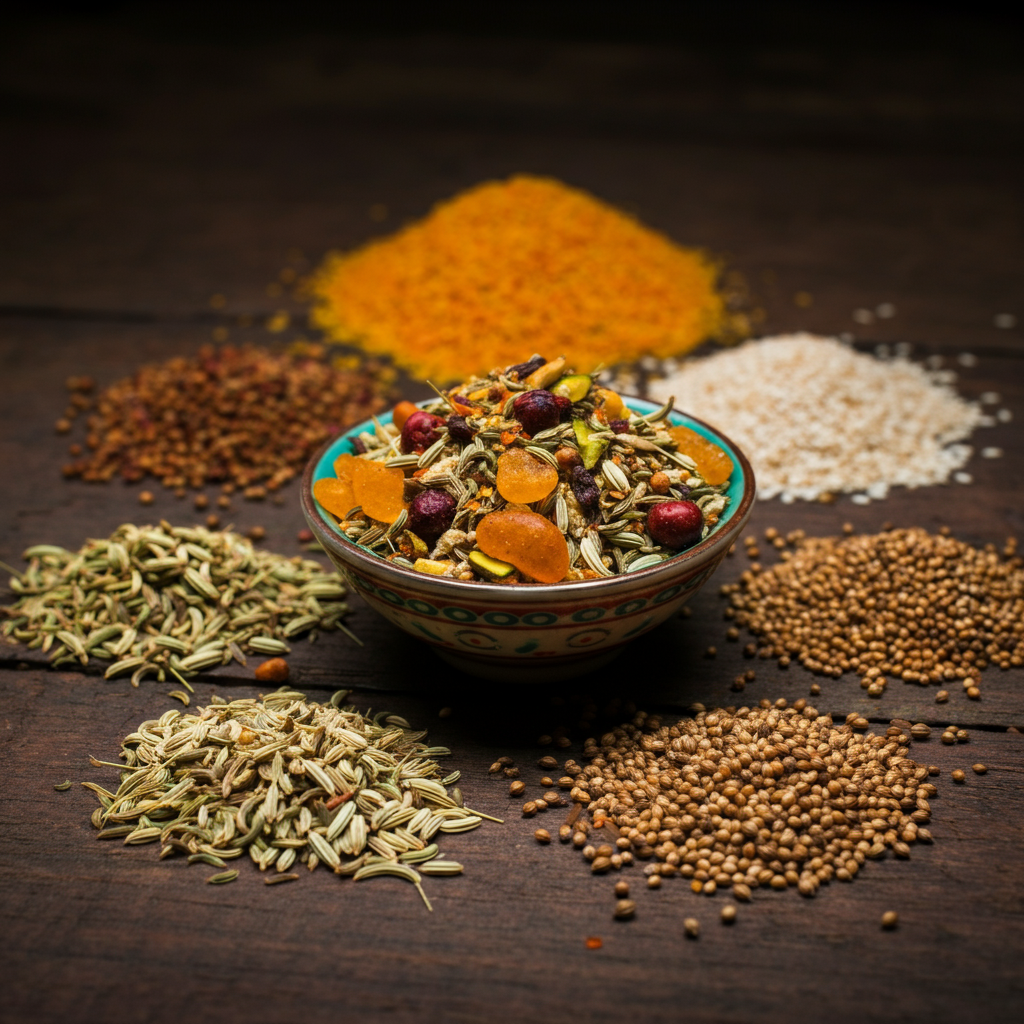
1. Better Oral Health
The most significant advantage of sugar-free mouth fresheners is their positive impact on oral hygiene. Unlike their sugary counterparts, these fresheners don’t promote tooth decay. Many of them are even infused with xylitol, a natural sweetener known to reduce harmful mouth bacteria and strengthen enamel.
Sugar-free mouth fresheners help to neutralize acids in your mouth, maintaining a balanced pH. This prevents the erosion of enamel, shielding you from cavities while keeping your breath fresh.
2. Fewer Calories Without the Guilt
Struggling to meet your calorie goals? Even a couple of sugary breath mints a day can add unnecessary calories to your diet. Sugar-free fresheners are typically calorie-free, allowing you to enjoy fresh breath guilt-free, whether you’re on a fitness plan or just trying to maintain balance.
3. Improved Long-Term Wellness
High sugar consumption is not just about oral health—it’s about your overall well-being. From elevated blood sugar levels to increased risks of metabolic disorders, excess sugar can lead to serious health problems. Switching to sugar-free mouth fresheners is a small but impactful step toward a healthier lifestyle.
By eliminating sugar from the equation, you’re allowing your fresheners to do their core job—refreshing your breath—while minimizing any adverse impacts on your health.
4. All-Day Freshness Without the Sugar Crash
Some traditional mints and gums provide quick bursts of sweetness, only to leave behind a crash. Sugar-free options are formulated to keep your breath fresh for longer without leading to erratic energy fluctuations.
Many sugar-free products are also made with natural ingredients like peppermint or eucalyptus oils, delivering a refreshing taste that doesn’t rely on artificial or sugary flavors.
The Sustainability Angle
Sugar-free mouth fresheners are often part of a broader eco-conscious movement. They tend to use natural sweeteners, making them a more sustainable choice. Unlike sugar production—which has environmental downsides such as deforestation and intensive water use—the sourcing of alternatives like xylitol or erythritol has a smaller ecological footprint.
Additionally, sugar-free brands are more likely to package their products in recyclable materials or innovate with biodegradable solutions, aligning with the values of eco-friendly consumers.
If you’re committed to taking care of both yourself and the planet, making the switch to sugar-free fresheners is an easy and effective choice.

Emerging Innovations in Sugar-Free Fresheners
The demand for sugar-free products has inspired brands to innovate beyond expectations. Today’s sugar-free mouth fresheners aren’t just “okay” alternatives; they’re premium solutions with added benefits.
- Customized Formulas: Some brands now cater to niche markets with fresheners designed for specific needs, such as adding vitamins for energy or probiotics for improved digestion.
- Luxury Ingredients: Think Himalayan pink salt or exotic botanicals to further elevate freshening your breath into an indulgent experience.
- Eco-Friendly Packaging: Increasingly, brands are moving toward zero-waste designs, such as reusable tins or compostable pouches.
The sugar-free wave is no longer just a trend—it’s an entire revolution in how we approach oral care and freshening solutions.
Choosing the Right Sugar-Free Mouth Freshener
Not all sugar-free products are created equal. Keep an eye on the following when shopping for your next mouth freshener:
- Ingredient List: Look for natural sweeteners like xylitol or erythritol rather than artificial ones like aspartame.
- Tasting Notes: Brands often include tasting notes to give insight into the flavor, so you know what to expect.
- Brand Commitment: Does the brand advocate for health-conscious and eco-friendly practices? Supporting the right companies makes a collective difference.
By considering these factors, you can enjoy guilt-free fresh breath without compromising on quality.
Fresh Breath Meets a Healthier Future
Sugar-free is more than just a category in the world of mouth fresheners—it’s a philosophy that prioritizes health and sustainability in every aspect. Shifting away from sugar-laden options allows you to maintain better oral health, minimize your environmental impact, and adopt a lifestyle that better aligns with wellness goals.
For eco-friendly shoppers, health-conscious consumers, and oral hygiene enthusiasts, sugar-free fresheners aren’t just an option—they’re the future.
Looking for the perfect sugar-free solution to match your needs? Explore top-rated sugar-free fresheners today and join the movement towards healthier choices!




